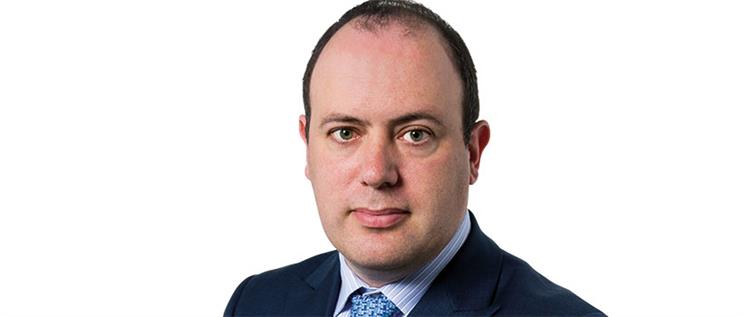北京赛车pk10 estimates Facebook could leapfrog Channel 4’s sales house and Sky Media by next year to become Britain’s third- biggest media owner by ad sales with £1.4bn in annual revenues – behind only Google and ITV.
Facebook has reams of personal data with which to aim ads at mobile users and, crucially, it is sucking up display revenue, not just the direct response and classifieds that Google cannibalised so successfully.
The implications are profound both globally and in the UK. Just five media owners already control more than half of the £20bn in annual UK ad revenues, based on informed estimates. Google should bring in £5bn this year, ITV £2bn, Channel 4 and Sky Media about £1.25bn-£1.3bn each and Facebook £1.15bn.
The challenge for other media owners is how do they fight to get a place on a brand’s media plan when the big five dominate? It’s like finding a seat on a minibus, as Mike Gordon, the chief commercial officer at Global, Britain’s biggest radio group, puts it. If there are ten seats on the bus, the big five already occupy half of them.
This is not just a power struggle between media owners. Arguably, the medium itself is at stake. Outdoor, radio and press need to prove their relevance against the online and TV behemoths.
It is press that has been feeling the pain. To put Facebook’s rise in perspective, consider that its UK ad sales this year should match the ad revenues for all Britain’s national newspaper brands (£1.15bn, according to the Advertising Association, and falling fast).
Publishers are in a bind because consumers are increasingly getting their news from social platforms such as Facebook, Twitter and Snapchat – rather than news brands’ own sites. Facebook ad sales chief Carolyn Everson says publishers benefit because "it’s better to be where consumers are". But that won’t assuage news organisations’ fears about losing control of their audiences and revenues.
If publishers want to fight back, they should pool ad sales, back their belief in premium content by charging for it and merge titles. What no-one needed in 2016 was another weak, print-led title like Trinity Mirror’s The New Day, which has thankfully folded after just two months.
In a Facebook-dominated media world, no-one else has its scale. So invest in quality.



